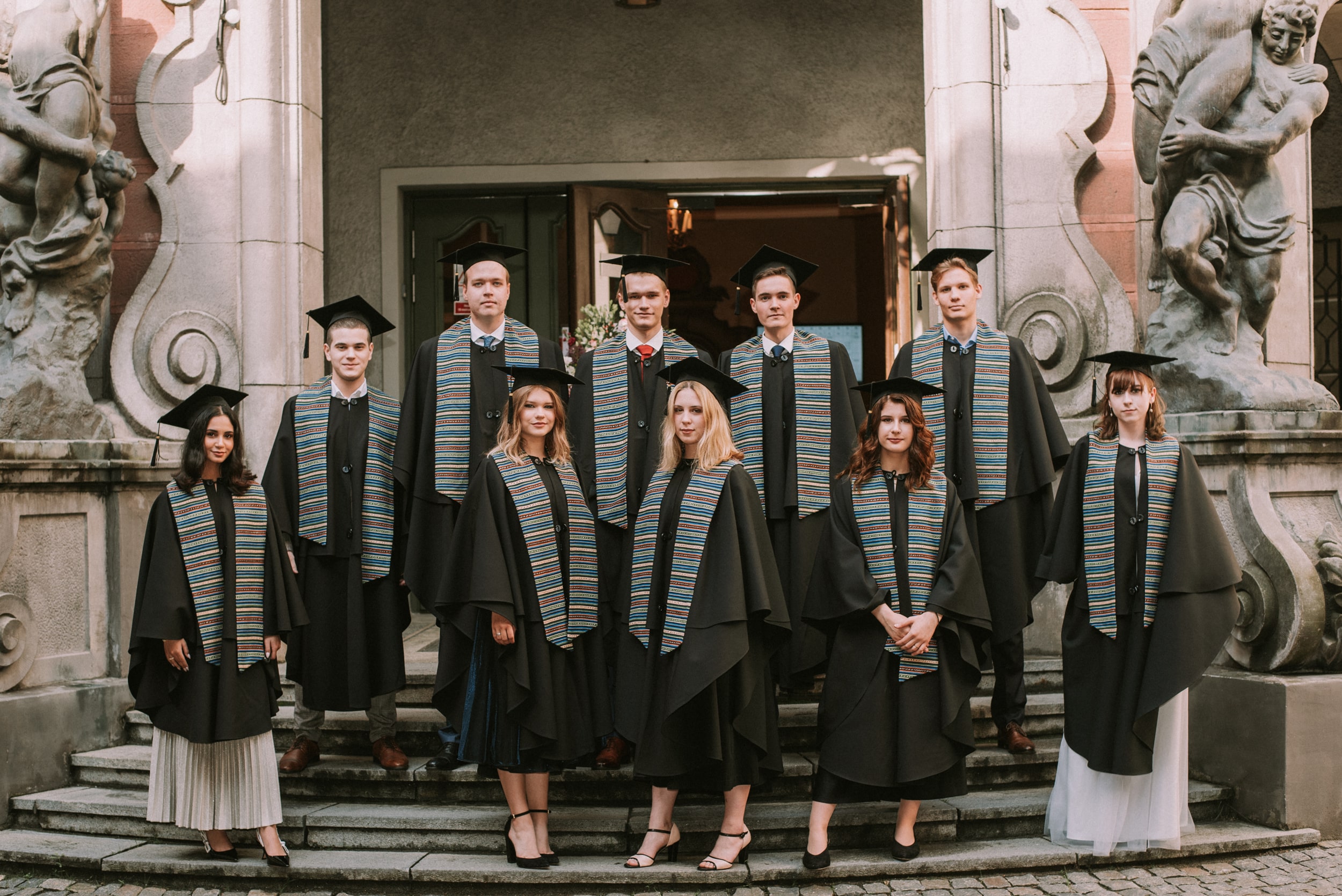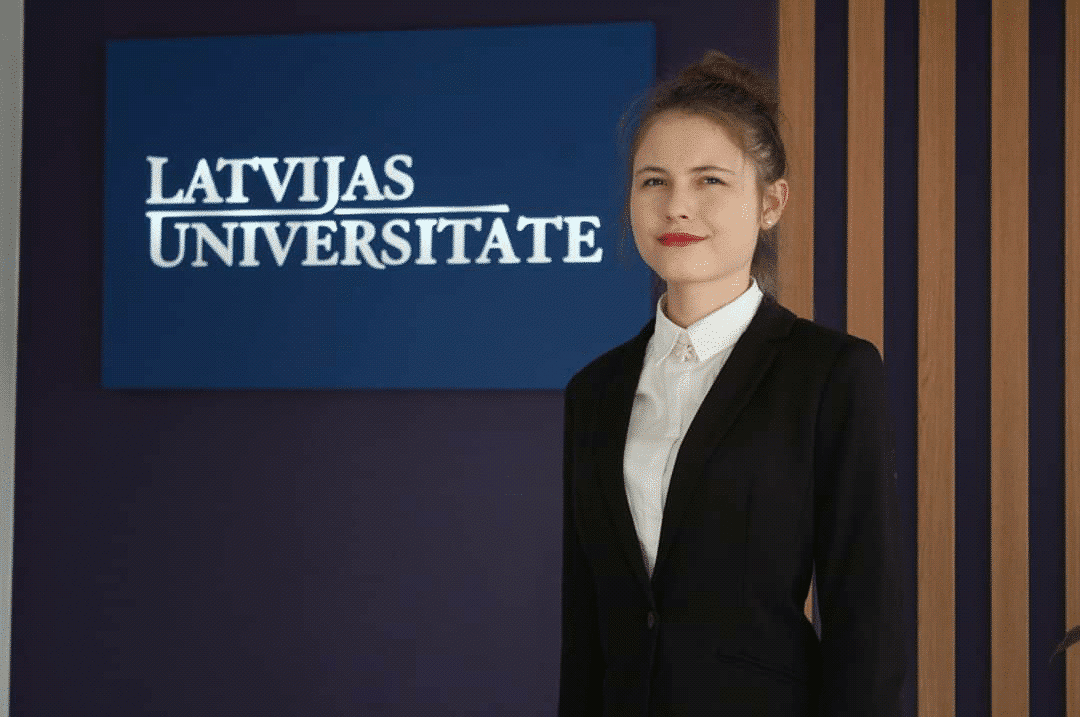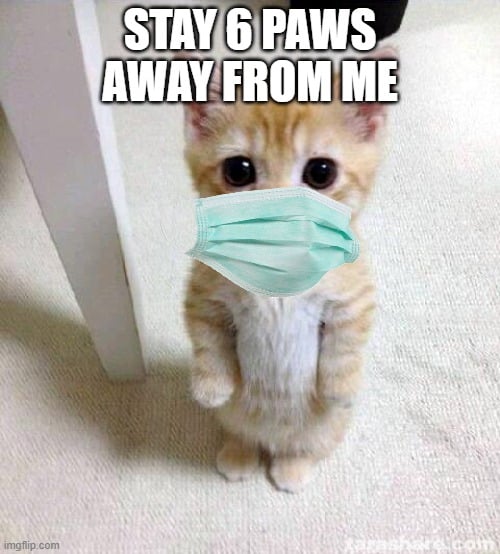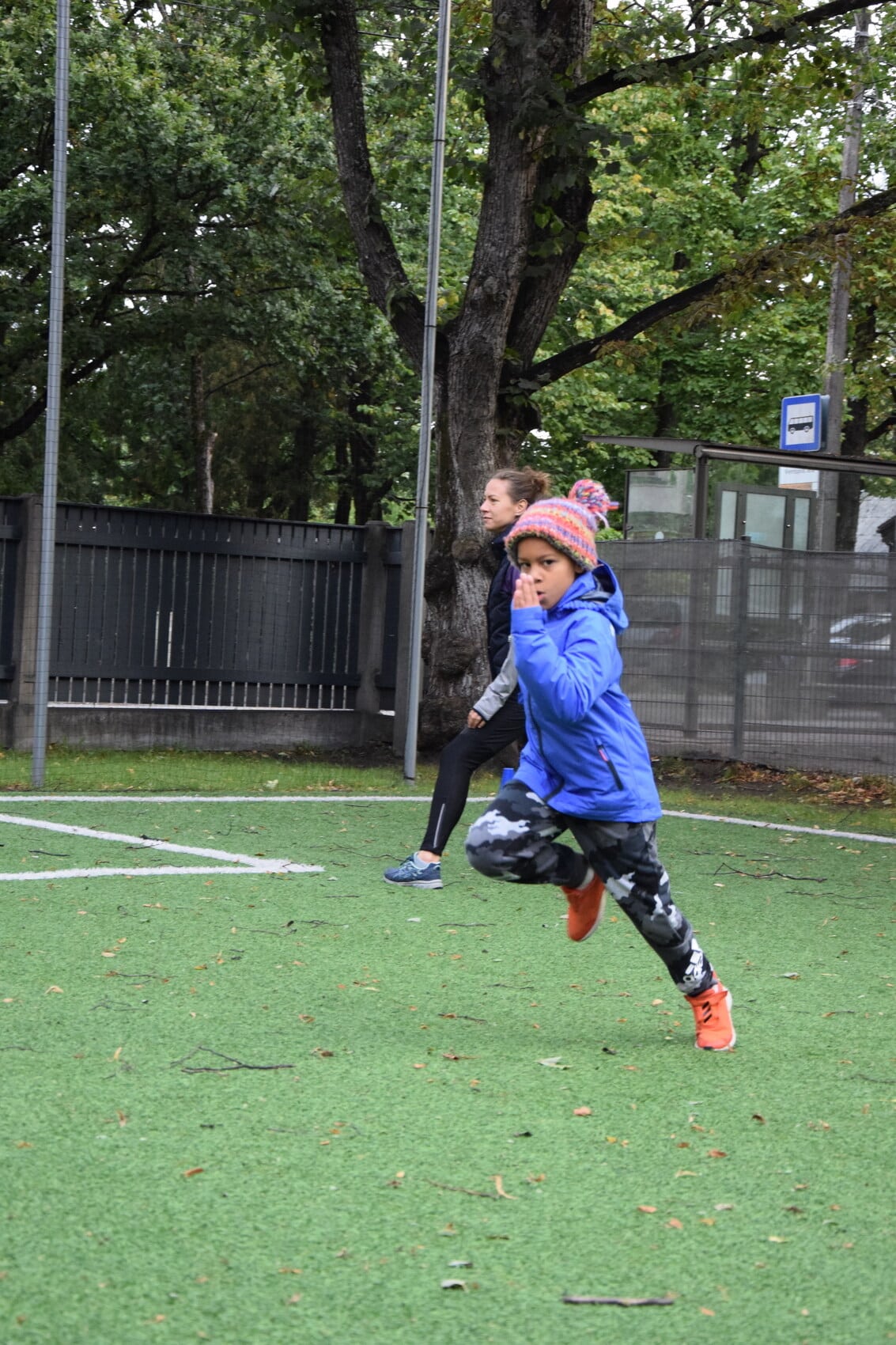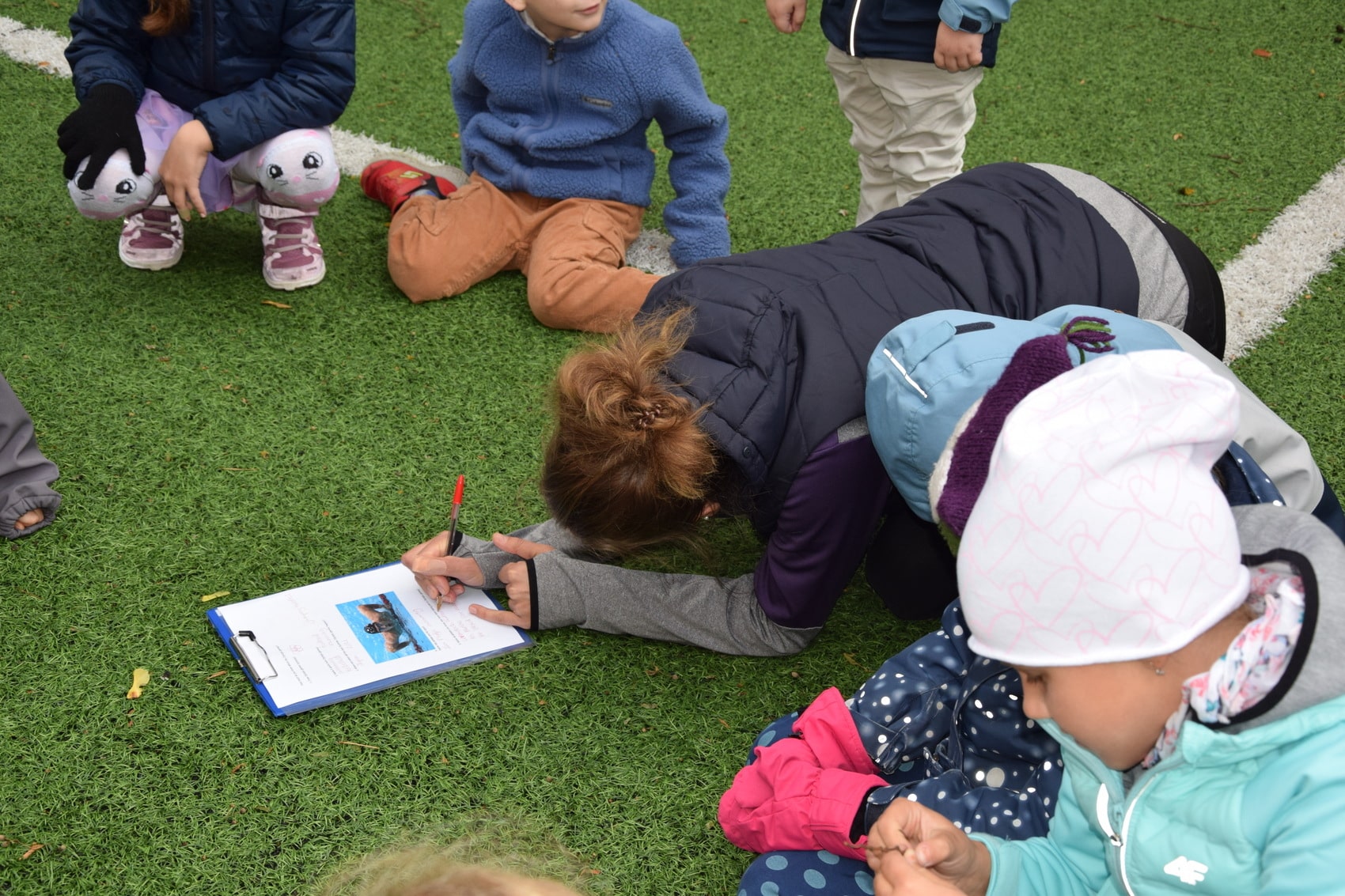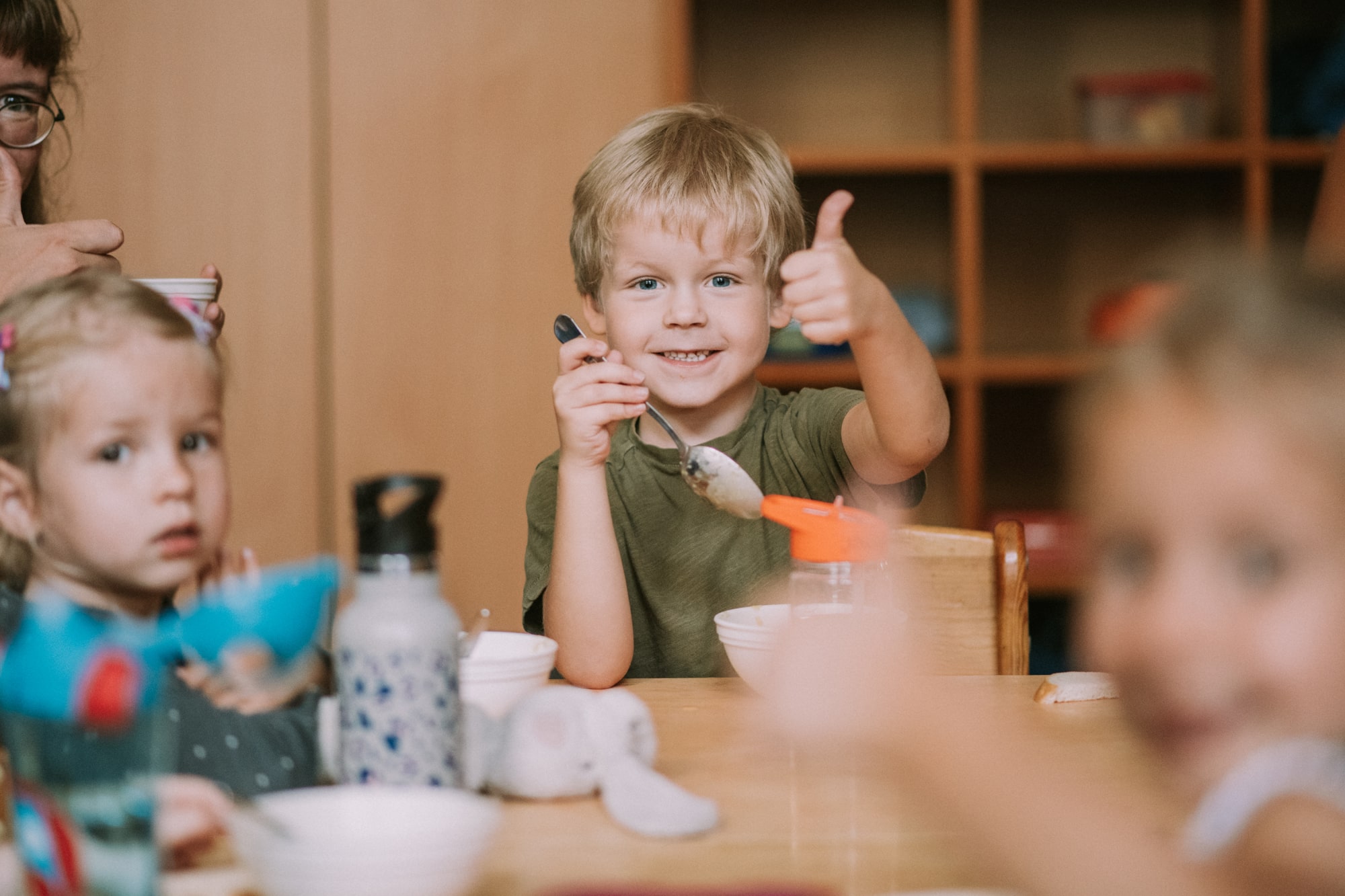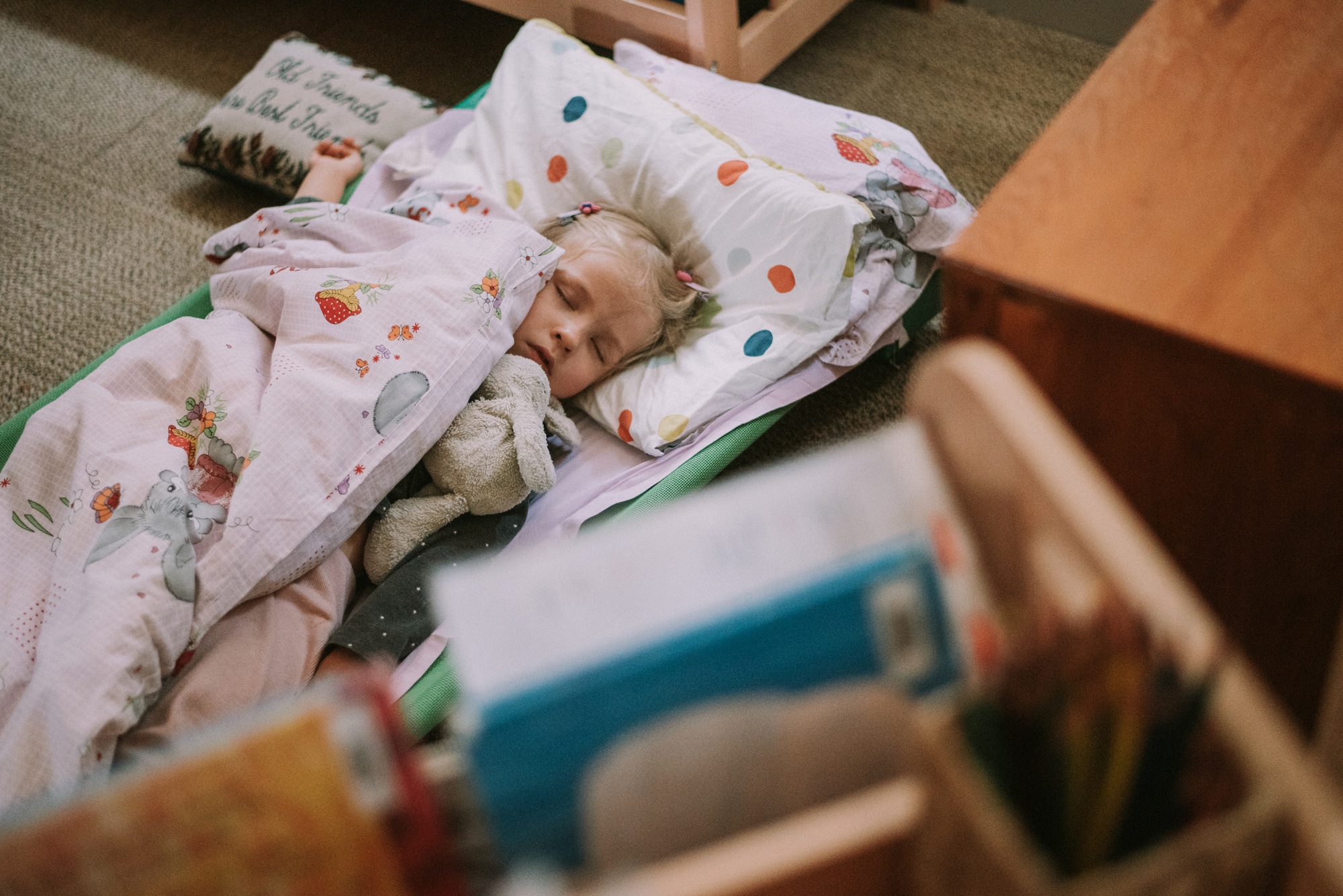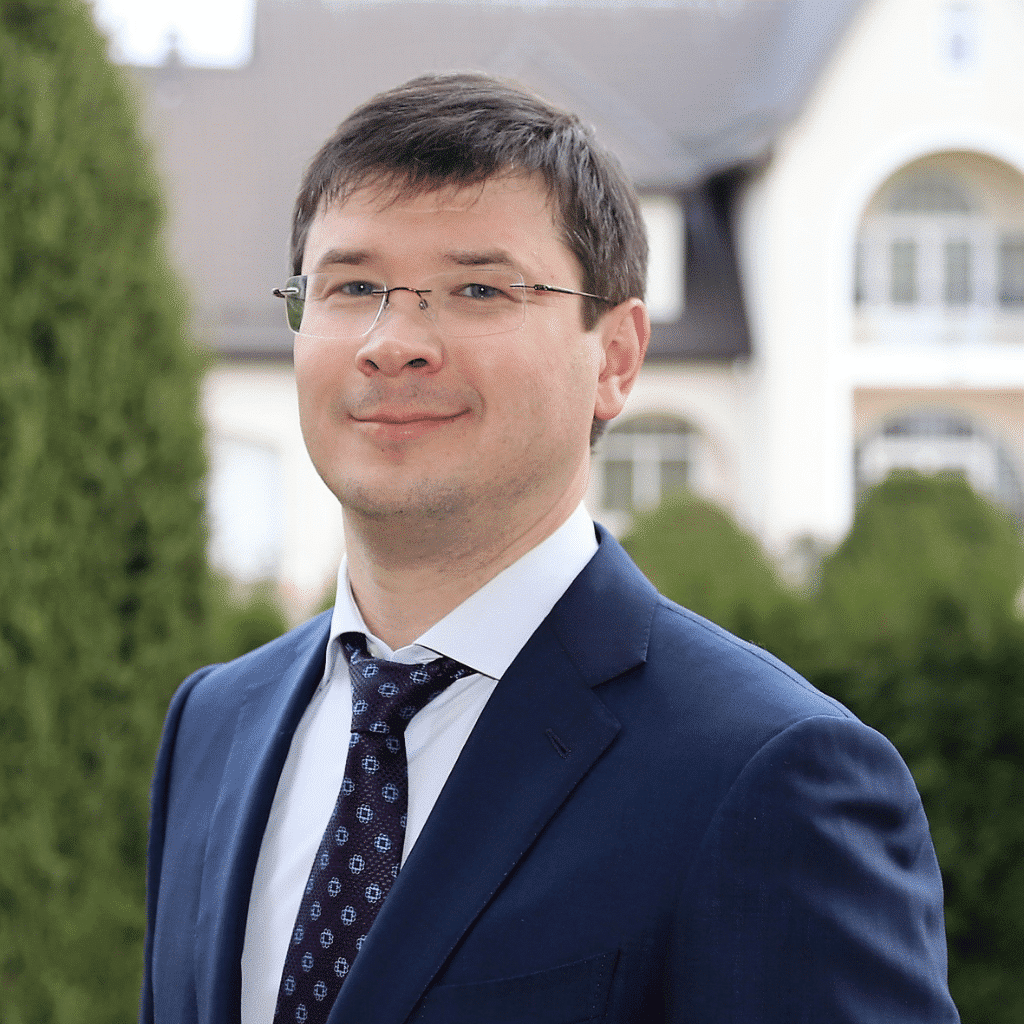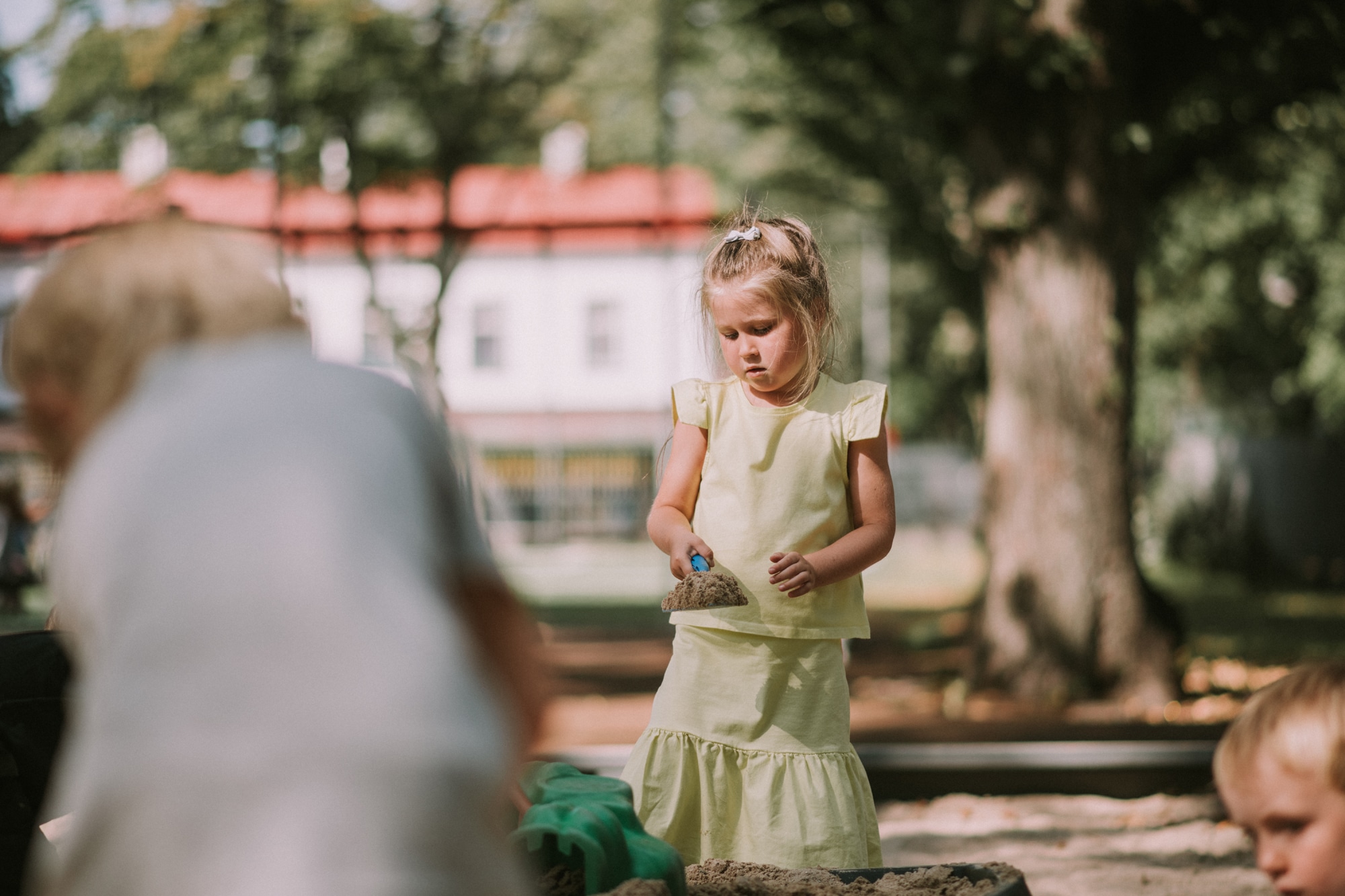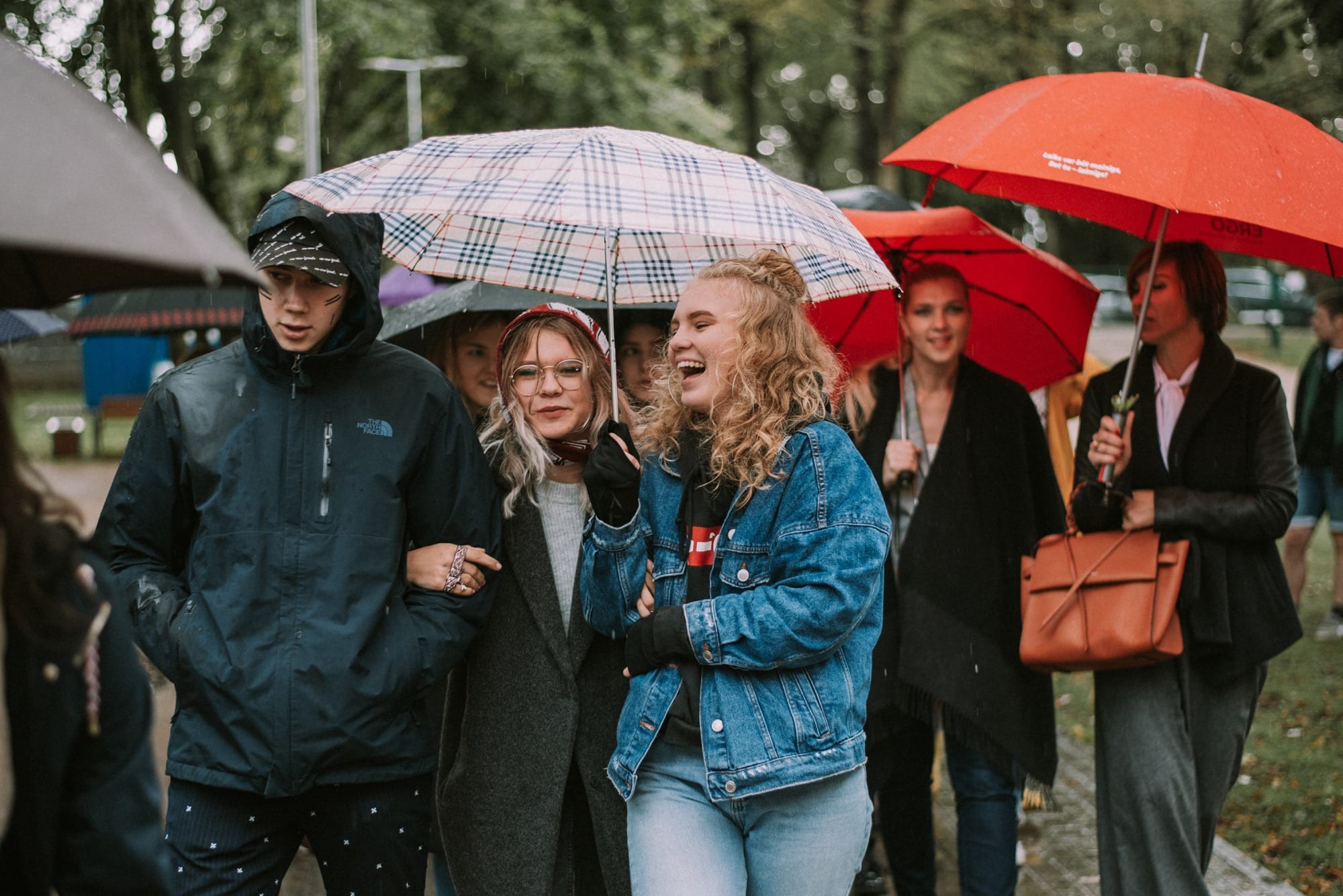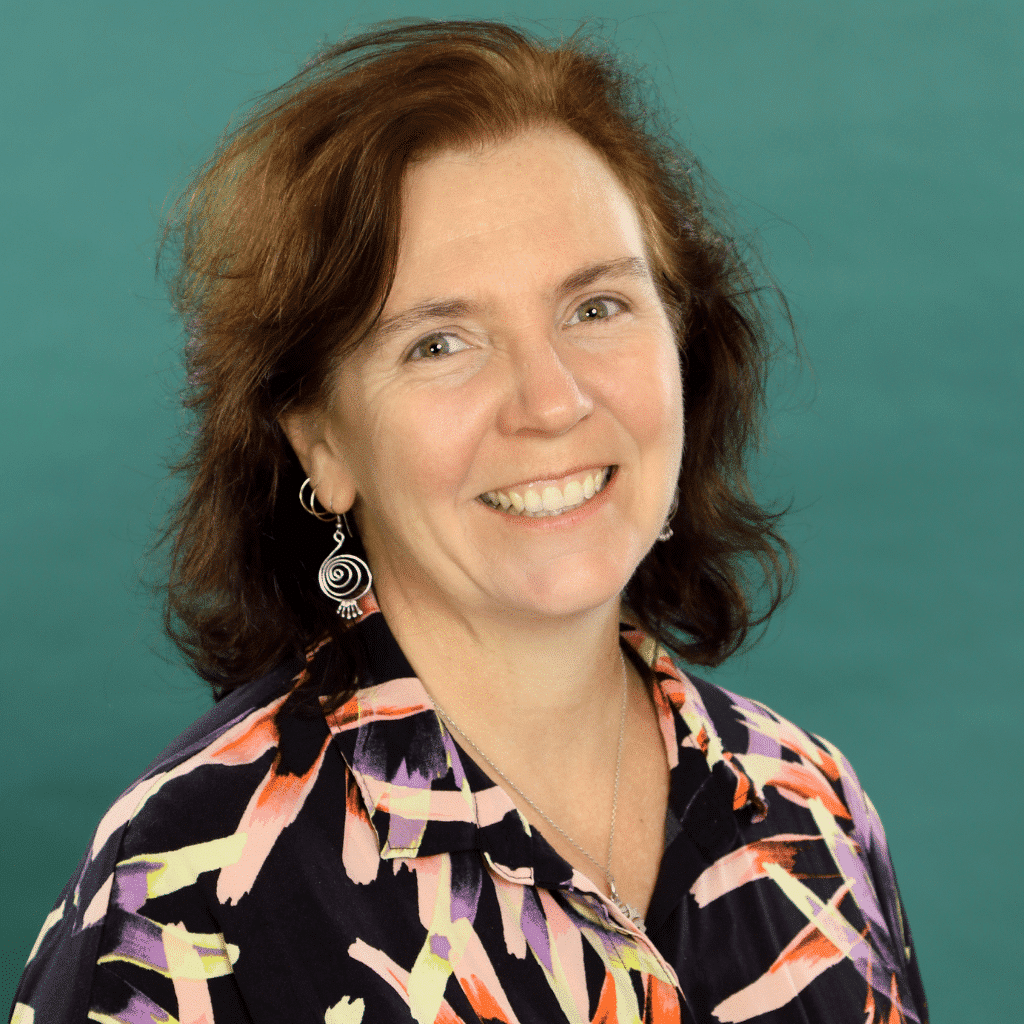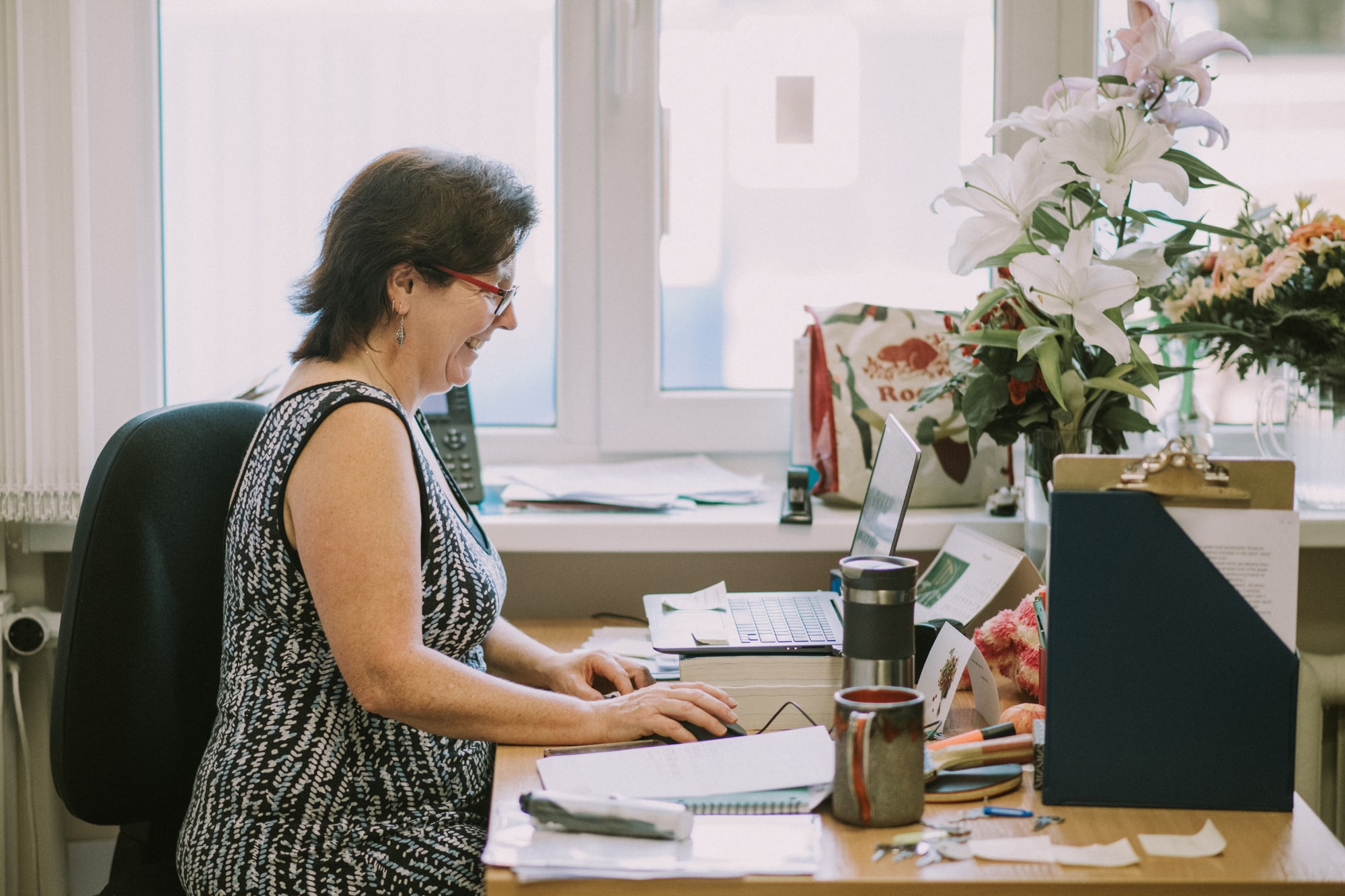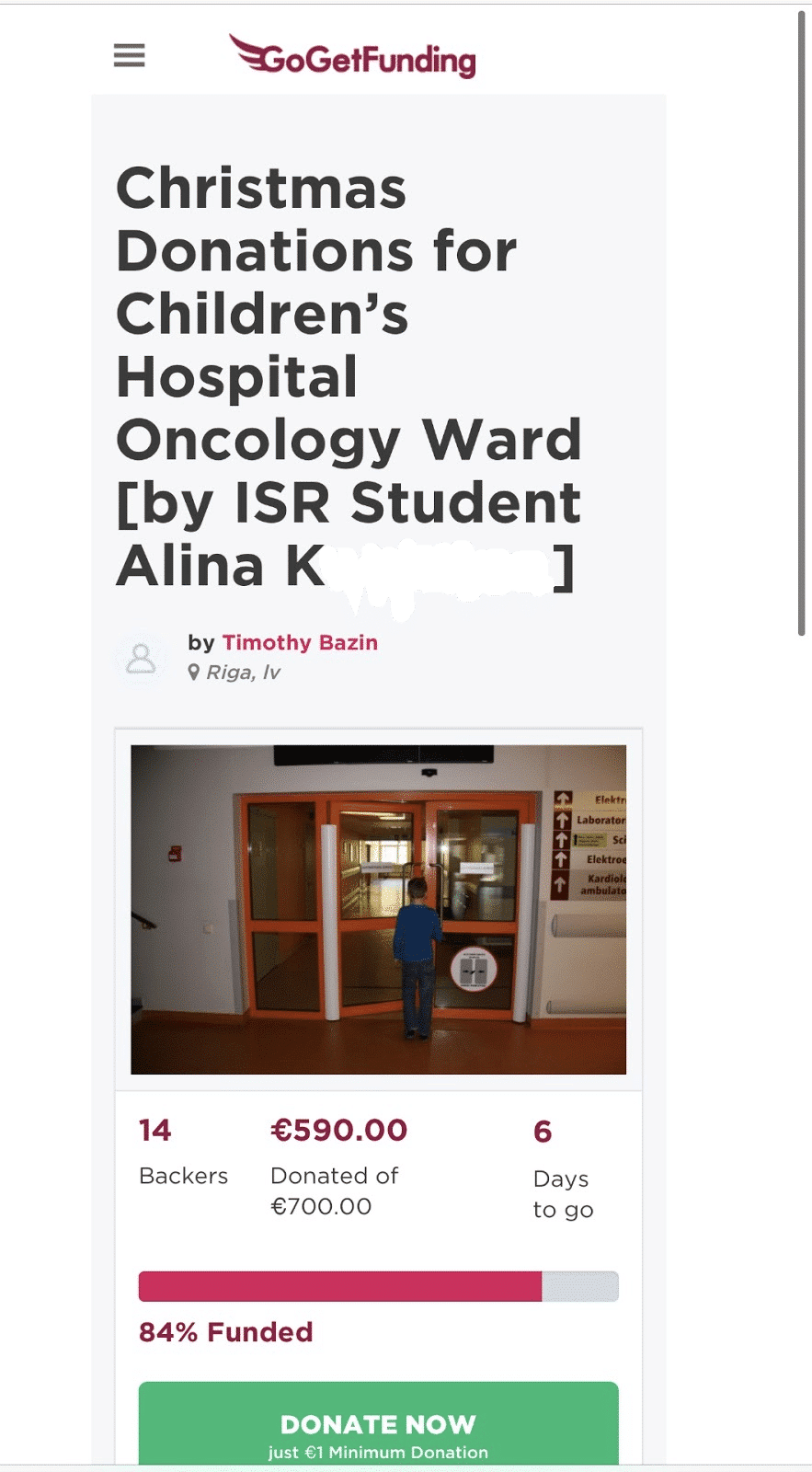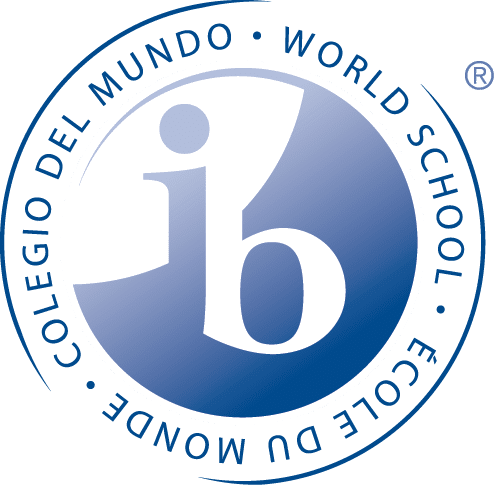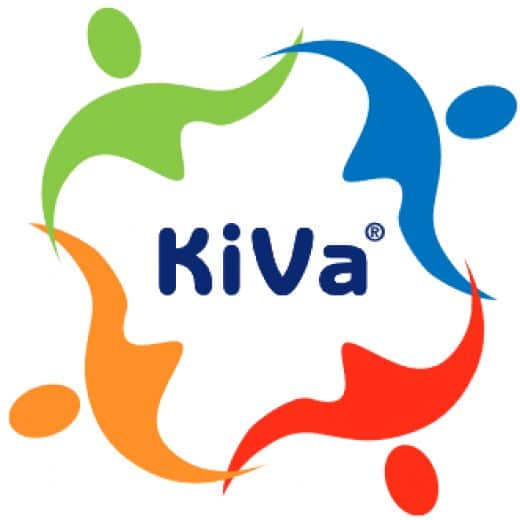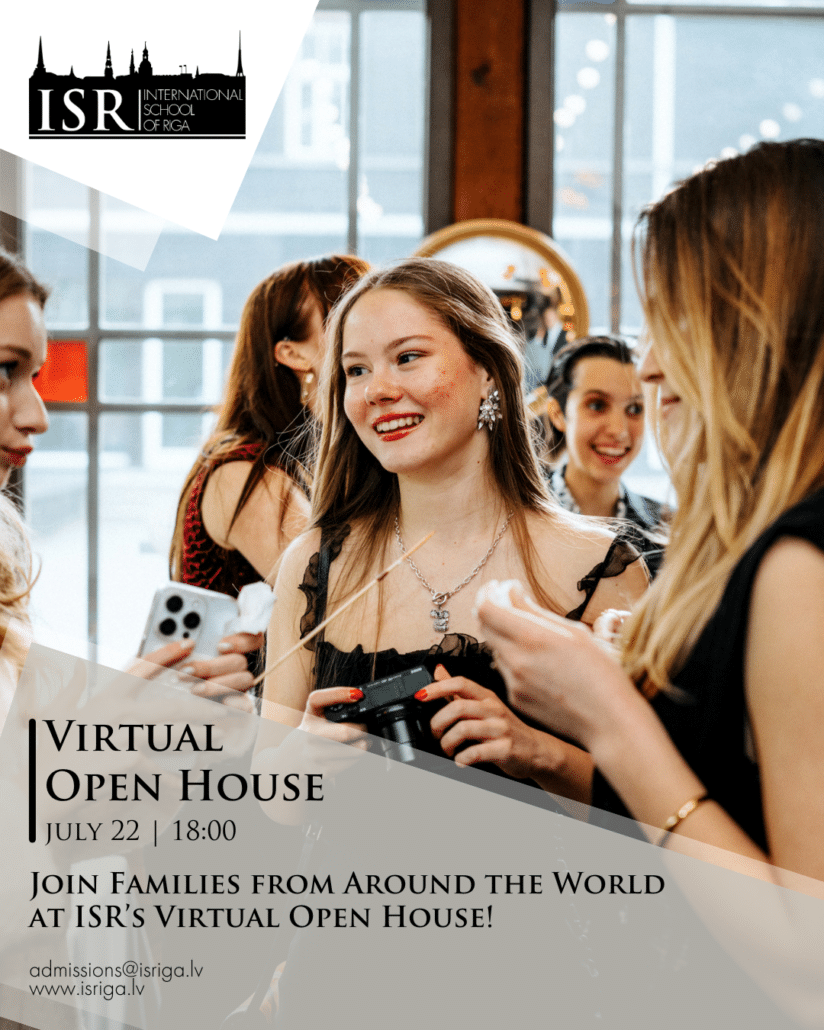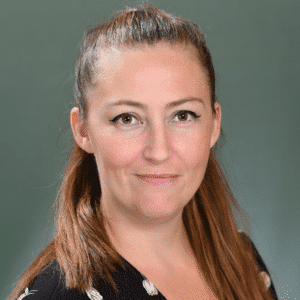| By Cyrielle Bazin, Head of Admissions
Universities around the world have had to adjust their teaching to now be carried out online in the wake of the COVID-19 pandemic. At the moment, almost every college in the world has switched to a distance learning model. For a lot of students, particularly freshmen, it might feel like they are being robbed of the “traditional” university experience. Most ISR Alumni are currently college students. For them, becoming an adult in such times has demanded deep introspection. They have had to draw from the reservoirs they each accumulated over their time at ISR. They are our tenacious, principled, and accomplished ambassadors. These are their stories.
Kirill Naumov, Class of 2020, is the first ISR student accepted into an Ivy League university. He’s remained in Latvia and on a computer screen for most of the school year. The exception has been a well overdue trip with family to the Maldives where he completed his finals. According to Kirill, “Never in my life has slacking been so lucrative!” He worries about how much more strenuous in-person study will be when students return to campus. He’s focused his academics on “expanding [his] knowledge in programming, finance, and blockchain development.” Kirill believes surrounding yourself with supportive friends and family is one way that ISR alumni can overcome the feelings of social isolation. He plans to travel to Philadelphia in a few days and hopes for a better second semester. Accutely aware (and perhaps even slightly envious) of Mr. Naumov’s chance to write final examinations in paradise is our next featured alum, Sara Al Zaabi, Class of 2020. She comments, “all learning was online but my midterm and final exams had to be on-campus!” For Sara, she initially struggled with getting to know her professors and onboaring into university life. It won’t be a surprise to her former teachers that Sara’s applied herself well and earned a 3.93 GPA. Looking forward, she’s excited to finally meet the other students at her academy and commented, “I never thought I’d miss [ISR] this much.” We miss you too, Sara, but we’re also very proud of you. For Alberts Celmiņš, Class of 2020, the “first semester in college was awesome.” After a very difficult two months (where many students failed their subjects), Alberts excelled in his economics and business related courses. His university emphasized a “blended” learning model, meaning that once or twice a week he had on-campus lessons. Lectures were on campus around three times a week, but students had to sign up for them as there was a limit of people that could attend. According to Alberts, ISR students hoping to study abroad in Netherlands should be aware that “the Dutch don’t [mess] around, and they try to get rid of all the lazy [students].” It’s warming to hear that Albert’s has maintained both his wit and work ethic at university. Bravo!
ISR Class of 2020: Kirill Naumov, second from the right, top row; Alberts Celmiņš, first from the right, top row; Sara Al Zaabi, first from the left, first row. Anna Holberga, Class of 2018, is one of the ISR Alumni that remained in Latvia for university. Anna was elected to lead her student government, which aims to keep students informed about the changing rules and regulations. She’s played a positive and ethical role in her community. Like ISR students, she started the semester in-person and then transitioned into an oline program. The most stressful part for Anna was completing her “in-person teaching hours in the primary school” while simultaneously making time for her online classes.
Anna Holberga, Class of 2018 I hope these stories are heartwarming and help remind teachers and parents how truly sacred their relationships with these children-turned-adults are. These alumni honor all the work that our community does to shape the leaders of tomorrow. Their success is our success. As we start a new year, dear readers please take a moment to think about where you all want to be in the not-so-distant future. Let’s make it happen.
|
| By the Grade 5 Newsletter Club
From Petr: Hello, my name is Maskie and I am a Face mask. I live in a Pharmacy with other masks. I cost 2 euros and 99 cents. No one wants to buy me and I am very sad. There is a quarantine now in our city. There is a sickness that is called Covid 19 and it is very good for me because people need masks to go to the shop and I am the one! I was waiting for a human to buy me, but nobody came. The person that is selling me is a doctor, he is very old and his name is Joe. He has an oval face and fat belly. One time a person came to our Pharmacy and he wanted to buy a mask. I was so happy! I thought he would buy me! I have such a great ornament! Such bright colors! And he took me!!!!! I was 6 weeks in a store! His house was so big and he had 3 little kids. His wife called him Griffin so I called him Griff. Their family was from China, and to stay healthy they had to wear masks. Griff was working in a hospital. He flew to Riga by Air Baltic. Everywhere in public places he was wearing me. I was covering his nose and mouth. I lived 5 months with him, then he died.
From Elijus: In these times everyone needs a face mask, because of the virus Covid-19 spreading around the world. The mask doesn’t help a lot but it’s still better to have protection then don’t have it. Some people complain about bad breathing and bad smell, but doctors keep saying that you have to wear them because you don’t know what could happen. People have to wear masks in public places like supermarkets, shops, train stations, buses, hospitals etc… Sometimes people have to quarantine in their houses. The virus is really powerful, a lot of people got sick of it, some people even died. Sickness is really bad, you feel really bad and you don’t have any energy. So be safe and have a face mask!!!
From Raimonds It started with Airbaltic, they produced me in the airport of Riga. I am made out of cotton. There are little holes in me so air can flow through me. Though I am very safe for people, I protect from germs and illnesses. I help people to avoid sickness, staying at quarantine and treatment in hospitals. Because of Covid-19 they made me. I am a mask named Raimond. I have a lot of other mask friends in the airport. A lot of people wear masks like me, especially doctors.
|
| By the Grade 5 Newsletter Club
The Latvian Olympic day celebration is a huge event at ISR, that happens at the beginning of the school year. This year it was on the 18th of September. All schools in Latvia are celebrating it in different ways, but one common thing is a dance, made by one teacher and other helping to organise it with different sports activities and slogans. ISR is celebrating this event for the 6th time, this year it included an official Olympic dance, Zumba dances, quiz and relay race. All parts were evaluated by points (right answers on quiz questions, times of running relay races and sportsmanship when dancing). Classes were ranked by points and got awarded Castle Points, with the winning class getting 100.
PE Teacher Ms Marlena reminded us why the school celebrates this event: Olympic day is a day, when we enjoy sports, being active, celebrating united community and choosing our future sports. The goal of this event is to show students that everyone can do sports no matter their age, abilities and skills. I believe that the International School of Riga has the most active and sporty students not only in these events but in daily life as well. Whenever there is a chance they will play football, tag, hula hoop games and enjoy being outside in the fresh air!
We asked some questions about the event and sports in general. Here are the outcomes from Grade 3, the winners. Most students liked dancing and running, while the hardest activity for Grade 3 was quiz, and the easiest activity for grade 3 was dancing. Most people did not like the relay races activity, however all the people said they were proud of their grade team! Most students said that the olympic day was worth it. Every person from Grade 3 likes sports, therefore it is not surprisingly that most people attend sports training sessions. The most popular sports in grade 3 are: football, tennis and basketball.
Raimonds expresses his opinion about ISR Olympic Day. I didn’t like the dancing but I liked the sprints. And I liked the quiz.
Elijus expresses his opinion about ISR Olympic Day. The thing that I liked the most was running and the quiz. The thing that I didn’t like the most was the DANCE.
Peter expresses his opinion about ISR Olympic Day. I liked olympic day because we were doing fun activities, my favorite thing was relay races and quiz! I did not like the dancing part but it was still fun for everyone.
Thank you to everyone who helped make this day possible!
|
| By Zoja Heimrāte, Early Years teacher.
Similar to the arrival of a newborn in a family, enrolling a child to preschool takes some preparation, long before the child’s first day of school. Either during parent visits or from documents submitted during the application process, teachers try to learn as much as possible about a new student: what language they speak at home, any previous school experience, their personality etc. Then teachers announce to the other children in the group that a new friend is about to join. It creates an opportunity for the class to discuss many topics, from the country their new friend is from to remembering their own experience when they first came to school, without daddy or mommy by their side. Children often get very excited and look forward to meeting their new friend, and each of them prepares something special: one will give a toy to share, the other will show them around the classroom, the third will show them her favorite book etc.
As children cannot read yet and their language skills are just developing, most daily routines are displayed with cards and shown on the timeline they have on the wall. Children can always visually recall what activities and tasks follow each other. When a child misses their parents, the teacher can show the timeline and all the fun things they will do together before it is time to meet their dear mom and dad.
If a child is not quite ready yet to spend the whole day without their parents, it is recommended to attend at least a half-day. It is worth remembering that quiet/nap time is the most challenging. Sleeping is most linked to a child’s home and is associated with comfort. To reduce nap time anxiety, parents are advised to give one of their child’s special belongings, a scarf or a hat to provide comfort at this time. At that age, they are not yet able to differentiate between napping at lunchtime and from night sleep, since the understanding of time is a concept that is still developing. Also, a family photo or soft toy are good tools that can help in the hardest moments. Touch and vision are senses that are the most functional for a child at that age, so those can be used to help a child calm down.
One of the parents’ worries also revolves around potty training. ISR does not require toddlers to be potty trained but teachers work with the family to help the child learn that important milestone. A typical strategy used at school is to go to the bathroom together with other children before going out or before quiet time so the child sees others doing it. However, knowing the amount of the class size at school it is preferred, encouraged and more productive to help a child learn to use the potty at home with parents. There is always an option to use diapers as well, especially for nap time, while children learn.
A word of caution: adaptation time differs very much from one child to another. Some children only need one or two days while others take longer. It is ok. On average, it takes from two weeks up to one month for a child to settle in and develop routines of their daily life in pre-school.
Overall, getting to know the child and being prepared as much as possible from the whole class perspective is one of the keys to a successful and quick adaptation at the school for new students. Every member of ISR is always happy to greet new children which inevitably leads to the successful adaptation of children.
|
|
Originally from Latvia, the Grigorenko family joined ISR when daughter Sofija enrolled in Kindergarten back in August ‘19. Since then, they’ve been active members of the community; they participate in all ISR events and activities and are supportive of the school. Following the EGM held in December 2020, Mr. Grigorenko was elected to the School Council. He is the CEO of an investment company, and has also been personally involved in numerous social projects aimed at building closer ties between media companies and the local community.
When asked why his household trusted ISR with Sofija’s education, Mr. Grigorenko explains, The International School of Riga was recommended to us by several trusted families as a diversity-driven international school with a strong academic curriculum and open-minded administration that takes into account personal needs of the families. We believe that the learning process being practiced in the school allows children to grow and develop happily in a supportive international environment. We also think that educational programs that ISR offers are able to equip our children for their future. Finally, at the time we were looking for a school for our child the school was the closest international school to our house.
* The School Council is the supervisory institution of the school and is composed of members elected from among the members of the Association. The School Council represents the interests of members during the time periods between the member’s Annual General Meetings (AGM), monitors the activities of the Board/Director and participates in the activities of the Association. The School Council currently has 6 Members and 1 Associate Member. For more information, please visit: https://isriga.lv/community/governance/
|
| By Sarah McGinley, IBDP Coordinator
Honesty– When applying to our school please tell us everything we need to know to support your child. This information will be kept and treated as confidential, but awareness of identified learning difficulties and perhaps known anxiety issues are much easier to deal with, if the school has all the information. We are an inclusive school, that is to say we are committed to meeting the needs of all the students in our care. The more we know about your children, the more we can do to help them to reach their potential.
Communication– Please communicate with the teachers. They are always available to answer emails, and more than happy to have prearranged meetings with both parents and students. This is one aspect of life that has actually become easier as we are all at ease with video conferencing through Google Meet or Zoom. Please always make sure that you establish and maintain open dialogue with your child’s teachers. Maximum success can only be achieved if there is good, transparent communication. A strong connection between home and school is essential to your child’s success and happiness.
Language– it is not a barrier. If you are a parent who does not have strong English language skills this should not deter you from contacting the school. We will always find someone to translate. We have many faculty and also administrative staff who are bilingual English/ Latvian, English/ Russian, English/French, English/German, English/Spanish- and the list goes on. We will also find a way to facilitate a conversation. We need to hear your voice.
Advisory and Pastoral Framework. We work hard at ISR to support the students in a holistic manner, that is academically but also socially and emotionally. Students all have an advisory teacher who knows them well. We have a daily check in time and also one lesson per week for the sole purpose of promoting the wellbeing of our students. We want to help to raise well-rounded, confident young people who have compassion and empathy for others. We also look to challenge their ideas and open their eyes to the world around them, with an understanding that it is our differences which enrich our community. We base this programme around the Learner Profile Traits and also in line with the school’s mission statement.
In conclusion, we are in this together to help all our students to keep afloat! ISR is a caring and nurturing community. We have adopted the Internal Baccalaureate Diploma Programme for the last two years of high school because we know that it helps our students to be college ready. It is a broad curriculum, which also emphasises the value of being an ethical person and someone who sees value in giving back to the community. Our students graduate from our school, college ready and confident. They will change the world and make it a better place.
If you would like to know more, or would like to meet with Sarah for more information, please email her at: sarah.mcginley@isriga.lv If you would like to have the conversation in a language other than English or French please indicate your language of comfort and I will arrange for translation.
|
|
By Liene Salmina
I am originally from Toronto, Canada and I left Canada in August 2000 to start my international teaching career. It was only meant to be for two or three years, but now, 21 year later, here I am at ISR. It has been much longer than I thought it would be. I have lived and worked in seven countries, not including Canada. They are: Bahrain, Vietnam, Azerbaijan, Singapore, Georgia, Albania and now Latvia. Is being an educator part of your family path? Yes, actually it is. There are a number of educators in my family. My mom was a teacher as were two of my uncles and three of my aunts. Being an educator has continued in my generation for three of us. The youngest part of the family is still growing, so we are not sure the paths they will take. What criteria determined your destinations? Job positions offered or cultural interest? Georgia was a bit purposeful because I wanted to move there, and Azerbaijan as well because a former colleague moved there and we worked really well together . The others were mainly positions offered as well as the information shared with me about the schools and location. I had to be excited about the choice I made, both the location and the position. After Vietnam, where I was introduced to the IB, I have always looked for IB schools. This is one of the reasons why I chose Latvia since ISR was a candidate school for the IB Diploma programme. While in Albania I went through two verifications, one for DP and one for MYP, therefore I was excited to introduce the DP to another school. Is ISR the first time for you as a Principal? In Albania I was Head of Secondary, which is actually the same position as here Principal. This is the first year that ISR is implementing the IB DP, what are your comments? The students are loving it, although it’s been a steep learning curve for them. But they are very excited to be part of the first cohort and they are excited about the learning taking place and activities in which they are engaged. I am very excited to be working with them as the first DP group of students. Why do you love the IB as an educator? The IB has a philosophy I connect with. I like the important focus on soft skills and also the learner profile, the attributes that develop what I consider what human beings should be. The IB develops characteristics for personality development. It’s not the only thing that matters for personality development but I like their global perspective and the holistic approach to the students’ education which runs through all four IB programmes. How are Riga and the position at ISR differ from other work experiences? It has not differed a whole lot from the Head of Secondary in Albania, there is a different national and cultural makeup of students here. In Albania it was predominantly Albanian students while here there is much broader diversity of student and teacher nationalities. What are the biggest differences in terms of mentality and cultures from your perspective? The most unexpected thing and what I did not find in my research about Latvia is the strength and depth of the roots surrounding the Arts. By that I mean the artistic communities such as opera, theatre, ballet, musical events, art exhibitions, etc. … I was not expecting it at all, but I am truly enjoying it. Pre Covid you could go to some type of cultural event every evening and these events are not only limited to the capital city of Riga, but extend to smaller communities around the country. I have never lived anywhere else where this is available and find it to be unusual, but a wonderful opportunity to experience culture. To me it shows the importance and value of culture to Latvians and their willingness to support it. I have heard you like to rent a car and travel around Latvia, where have you been? I have been to Liepāja, Cēsis, up and around the Kolka peninsula, Jelgava, and the Ceriņu (lilac) festival in Dobele since they are one of my favorite trees. I have also spent time in Plavinas and Vietalva cross-country skiing when there is sufficient snow. I still want to travel more within the county and wish to enjoy more cultural events when they open up again.
Your observations about people in Latvia and their interactions? I have found people here very nice and I know it might seem surprising because when I say it to Latvians they look at me with irony “What? Friendly and helpful, really?”’ They are friendly and helpful to me, perhaps it is because I am a foreigner and maybe they are different amongst each other. Once I was just looking at my phone waiting for my taxi and a man approached and asked how he could help since he thought I was lost and trying to find something on the map. It was a thoughtful gesture and to me, demonstrated the friendliness and helpfulness of Latvians. Regarding communication with people who do not speak much or any English, throughout my experiences living and travelling abroad and in different cultures, I feel I have become an expert in charades and gestures. Also, you can often understand some things because of context. Of course, we have phones with google translate today so that helps significantly. So I feel comfortable almost anywhere. Patience is a key actually. You just have to be patient to understand what is being communicated to you and vice versa, and be ready to laugh sometimes. That often goes a long way in getting help. This is just the beginning of 2021, the time everyone set up new goals and wishes. What are yours? My biggest wish for ISR is to have our students back and to have classes face to face again. The students also want to be back. I know that even if some do not admit it, we all miss it and each other and want to be back at the school. I will always remember back in August when we returned, one Grade 11 student said, “I never thought I would say this but I missed being at school and I am glad to be back!”
|
|
By Alina K., Grade 11
On December 8, 2020, my DP Economics teacher and Creativity, Activity, Service (CAS) Coordinator Timothy Bazin shared information about this British Chamber of Commerce charity for children with oncological illnesses. I am a person with a high sense of empathy. I always want to help those who, from my point of view, are less fortunate than me, and this time was no exception. I volunteered to lead the initiative. The goal of this experience was to raise money to buy musical instruments for music therapy. Music therapy reduces anxiety, panic, helps to focus on what is happening right now, and not on what will happen next. At first, the goal seemed easy to achieve; I had no idea how much time and emotion it would take. My responsibilities included contacting the school administration and asking for their approval, reaching out to music teachers who could provide advice on the purchase of instruments, communicating with teachers and parents, and starting a fundraising website. It was difficult to combine study and such a large project. This was the penultimate week of school, and I had a huge amount of school assignments, not counting extracurricular activities and other projects. I had to work on my self-management skills and plan my time wisely. With Mr. Bazin’s support, I finished everything on time. The initiative exceeded the initial monetary goal and managed to buy eight musical instruments instead of just the planned two. At first, it was just a CAS experience, but after a few days of working on it, it became so personal. When the first instruments were bought and shipped out – what an amazing feeling from the work we have done! I am so privileged to be able to listen to music every day while these kids fight for their lives and are forced to see music as a luxury. Due to the big hearts of our community’s teachers and parents, we will have provided a fountain of happiness for these children; I simultaneously smile and cry when I reflect upon this experience. I am proud of myself and so grateful to my school community for their big hearts and willingness to help. As for the CAS program, I think it is a great school program that encourages students to develop, find new paths and hobbies, and pushes people to try something new and challenge themselves. Also, my teachers provide so many opportunities where you can express yourself and earn CAS credit. I would like to thank the International School of Riga, the British Chamber of Commerce (@BritChamLV), Bērnu Klīniskā Universitātes Slimnīca, DzinCrafts (@DzinCrafts), and NartissLV (@NartissLV) for feeding my heart and supporting me throughout this process.
|

